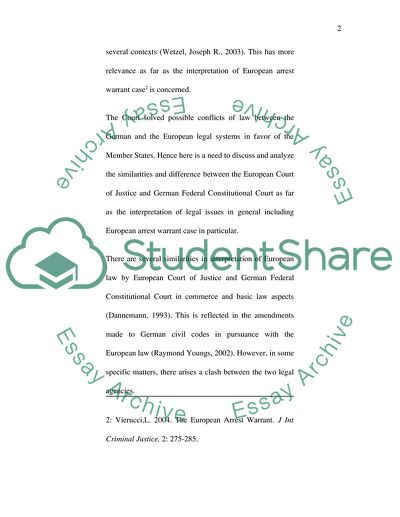Cite this document
(German Commercial Statute Essay Example | Topics and Well Written Essays - 1750 words, n.d.)
German Commercial Statute Essay Example | Topics and Well Written Essays - 1750 words. https://studentshare.org/law/1543518-german-commercial-law
German Commercial Statute Essay Example | Topics and Well Written Essays - 1750 words. https://studentshare.org/law/1543518-german-commercial-law
(German Commercial Statute Essay Example | Topics and Well Written Essays - 1750 Words)
German Commercial Statute Essay Example | Topics and Well Written Essays - 1750 Words. https://studentshare.org/law/1543518-german-commercial-law.
German Commercial Statute Essay Example | Topics and Well Written Essays - 1750 Words. https://studentshare.org/law/1543518-german-commercial-law.
“German Commercial Statute Essay Example | Topics and Well Written Essays - 1750 Words”. https://studentshare.org/law/1543518-german-commercial-law.


